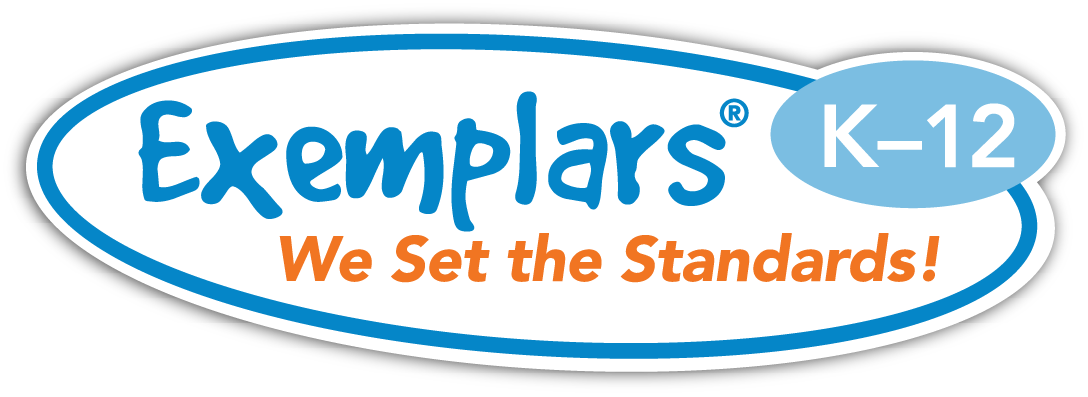NRC
The following excerpts were written by the National Research Council and can be found in the publication, "National Science Education Standards" on pages 36–176.
National Research Council. National Science Education Standards. Washington: National Academy Press, 1996.
Orchestrate Discourse Among Students About Scientific Ideas.
An important stage of inquiry and of student science learning is the oral and written discourse that focuses the attention of students on how they know what they know and how their knowledge connects to larger ideas, other domains, and the world beyond the classroom. Teachers directly support and guide this discourse in two ways: They require students to record their work–teaching the necessary skills as appropriate–and they promote many different forms of communication (for example, spoken, written, pictorial, graphic, mathematical and electronic).
p. 36
Science Content Standards: K–4
As students focus on the processes of doing investigations, they develop the ability to ask scientific questions, investigate aspects of the world around them, and use their observations to construct reasonable explanations for the questions posed. Guided by teachers, students continually develop their science knowledge. Students should also learn through the inquiry process how to communicate about their own and their peers' investigations and explanations.
p 121
Communicate Investigations and Explanations.
Students should begin developing the abilities to communicate, critique, and analyze their work and the work of other students. This communication might be spoken or drawn as well as written. p 122–23
Science Content Standards: 5–8
In middle schools, students produce oral or written reports that present the results of their inquiries. Such reports and discussions should be a frequent occurrence in science programs. Students' discussions should center on questions, such as "How should we organize the data to present the clearest answer to our question?" or "How should we organize the evidence to present the strongest explanation?" Out of the discussions about the range of ideas, the background knowledge claims, and the data, the opportunity arises for learners to shape their experiences about the practice of science and the rules of scientific thinking and knowing.
p 144
The language and practices evident in the classroom are an important element of doing inquiries. Students need opportunities to present their abilities and understanding and to use the knowledge and language of science to communicate scientific explanations and ideas. Writing, labeling drawings, completing concept maps, developing spreadsheets, and designing computer graphics should be a part of the science education. These should be presented in a way that allows students to receive constructive feedback on the quality of thought and expression and the accuracy of scientific explanations.
p 144
Communicate and Defend a Scientific Argument.
Science Content Standards: 9–12
Students in school science programs should develop the abilities associated with accurate and effective communication. These include writing and following procedures, expressing concepts, reviewing information, summarizing data, using language appropriately, developing diagrams and charts, explaining statistical analysis, speaking clearly and logically, constructing a reasoned argument, and responding appropriately to critical comments.
p 176
Scientific explanations must adhere to criteria such as: a proposed explanation must be logically consistent; it must abide by the rules of evidence; it must be open to questions and possible modification; and it must be based on historical and current scientific knowledge.
p 176

